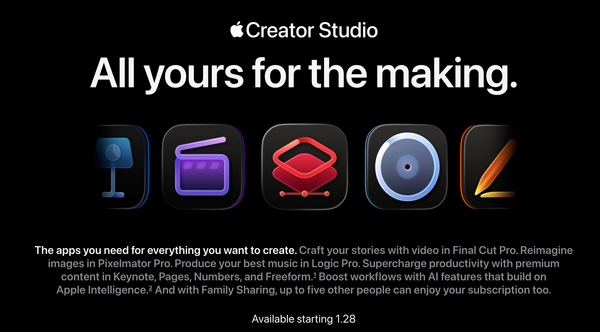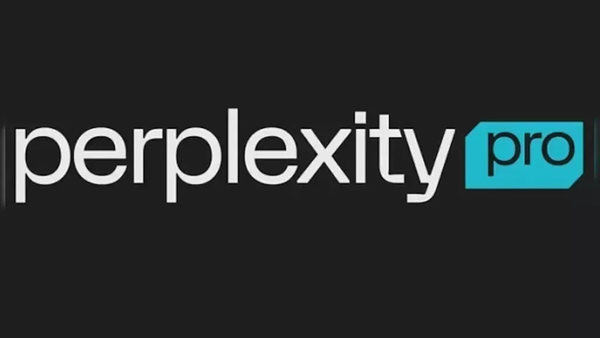Why “Building Wealth” and “Financial Freedom” Aren’t Real Goals
Without a tangible number, you’re not building freedom — you’re just feeding a moving target.

What Would You Do with a Million Dollars?
If a million dollars landed in your account right now, no strings attached, what would you do?
Seriously — how would your life change tomorrow?
Would you quit your job? Move cities? Pay off everything and build something you’ve always dreamed of?
Or would you sit there, unsure of the next move, staring at the number and realizing you hadn’t thought past the prize?
This is where most people get stuck.
Not because they’re lazy or financially illiterate, but because they’re chasing a mirage.
“Financial stability.” “Building wealth.” These are the default goals.
They sound responsible, even admirable.
But if you really sit with them, they’re vague. Slippery. No real weight.
Because what does “financial stability” actually look like in your life?
Is it a 3-bedroom apartment and a flexible schedule?
Is it being able to buy groceries without checking the receipt? Is it traveling every three months or never having to say yes to a client you hate?
Most people don’t know. And so they keep grinding. Putting money aside, stacking “just in case,” and working under this constant pressure to earn more, without knowing what “more” is for.
It creates a weird anxiety loop. You never feel like you’re doing enough, even when you’re doing fine. And that’s the trap. When the goal is arbitrary, the chase never ends.
That’s why having a clear financial goal isn’t just helpful — it’s the only way out. When you define what kind of life you want, you start to understand how much that life actually costs.
That’s your real target. Not “rich.” Not “comfortable.” Not “six figures.” But something measurable. Something built around your needs, your location, and your values.
That number becomes your north star.
From there, money becomes a tool, not the purpose.
Passive income, side hustles, freelance gigs… they’re not paths to some fantasyland.
They’re simply ways to either accelerate your progress toward that number, or offset how much time and energy you need to trade to maintain it.
You’re not trying to escape work entirely. You’re trying to buy back control. And knowing your number makes that possible.
So ask again — what would change in your life if you had a million?
What would you keep the same? What would you finally stop doing?
The moment you answer that with precision, you realize the goal was never the money. It was always the life you wanted underneath it. That’s what you work toward.
And that’s how you break the loop.



